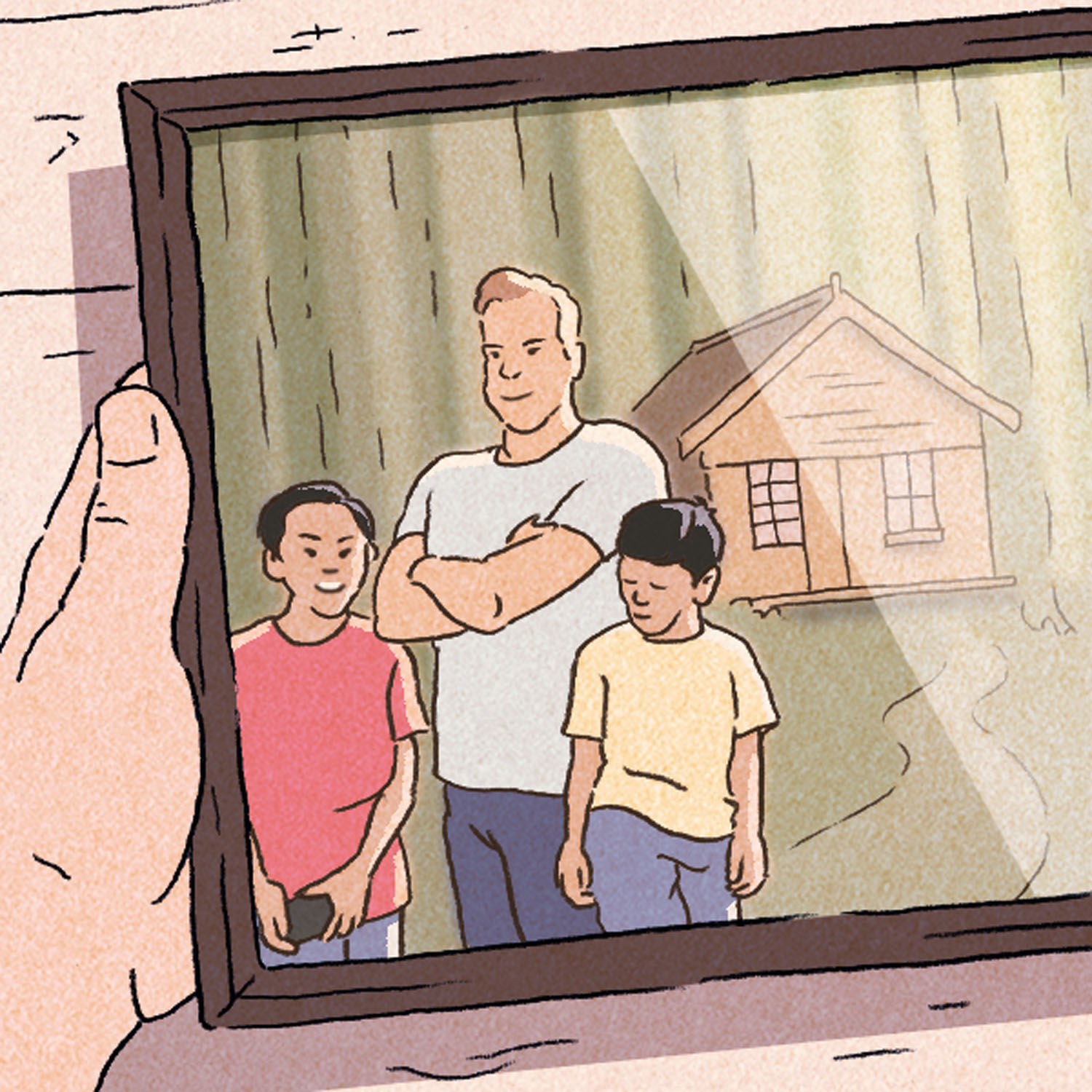Image


You should really subscribe now!
Or login if you already have a subscription.
Tim Bouckley has made illustrations for the New York Times, POLITICO, the Poetry Foundation, and others. Bouckley won the 2023 Applied Arts Illustration Award for Personal Illustration.